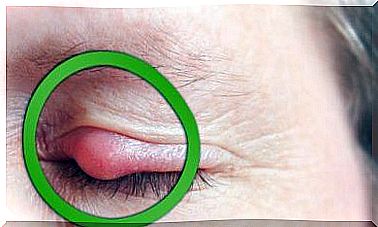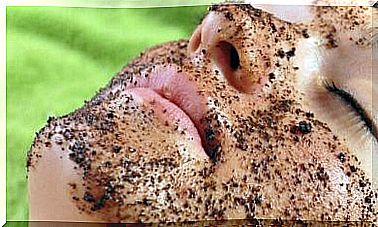Is Gluten Free Food Good For Everyone?
The problem with gluten is that it is present in a lot more foods than we think, so we should check our level of intolerance.
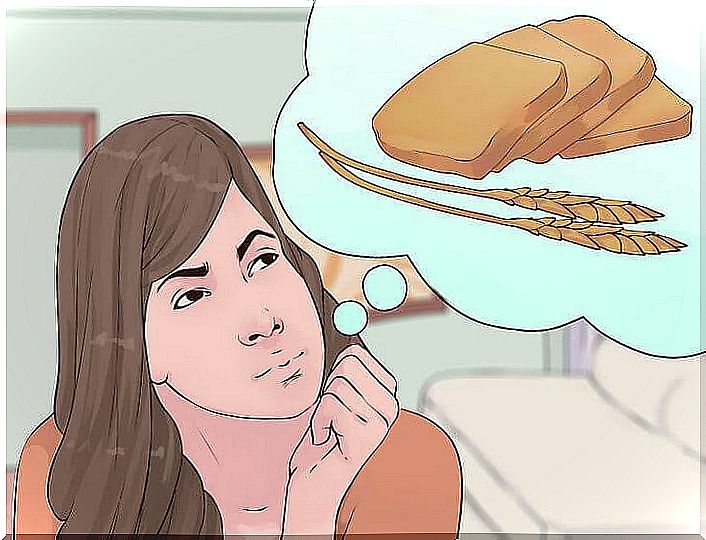
Today, the discourse on gluten-free diets has become very common among advocates of natural and balanced diets. Beyond dietary fads, critics and supporters have valid arguments for and against this substance found in a large number of foods.
Is gluten good for everyone who consumes it? Studies seem to show that this high protein component can be harmful to a certain group of people.
What is gluten?
Gluten is a vegetable protein substance, found mainly in wheat and other grains. Those who criticize it wonder about the high calorie content of this foodstuff.
Some people speculate that the human body is not ready to digest and adapt properly to this substance and to wheat in general.
What is certain is that there are people who do not benefit from this food. This is particularly the case for people with celiac disease, a digestive disorder that essentially consists of gluten intolerance.
Do you know if you are celiac?

Fatigue, bone loss, abdominal pain and lactose intolerance. These are some of the symptoms experienced by people who develop celiac disease.
Although precise, these signs are very general and we can only be sure that we have the disease by doing medical examinations.
This disease mainly affects the populations of northern Europe. The problem is, many of them don’t have major symptoms and there is very little information in the population about them.
However, the worst part is that this disease has no cure and therefore can last a lifetime. The best treatment for these patients is to maintain a strict gluten-free diet.
Wheat-free diet
It is not always easy to exclude wheat from your diet. Among other things, because it is found in a large number of products that we consume every day.
This is the case for foods like:
- Pasta
- Bread
- Sauces
- White flour
- Cereals
- Biscuits
- Beer
Ideally, all of these food items should be removed and the diet should be balanced with other products that are easy to tolerate, such as:
- Vegetables and green vegetables
- Fruits
- Chicken
- Rice
The challenge is to successfully make the change without losing the necessary nutrients or losing weight.
It should be noted that many commercial products use wheat in their composition.
Shopping at the supermarket: gluten-free products
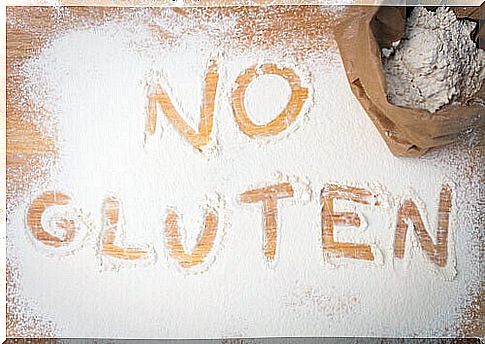
Remember that gluten is used to increase the nutritional value of products that are not made from wheat and other grains.
In this sense, it all starts with our purchasing and consumption habits.
The rule of thumb is to control the ingredients on the food packaging. Fortunately, most countries require producers to label their products “100% gluten-free”.
There are some foods that shouldn’t contain this nutrient, and yet it does. Here is a short, non-exhaustive list:
- Soya sauce
- Salad dressings
- Yogurts
- Dried fruits
- Blue cheeses
- Delicatessen
- Certain chicken presentations
Particular attention should also be paid to products with wholemeal flour, as they generally contain it.
Cross contamination
Cooking methods themselves have to be drastically changed due to the risk of cross contamination.
This concept refers to the high probability that we have of contaminating gluten-free foods when we cook them with others that contain this protein substance.
For example, if we fry eggplants or chicken with oil previously used for frying potatoes or pastries, some of the leftover wheat compound might be transferred to the food.
Precautions should also be taken during group or family meals. Not everyone will follow such a strict nutritional routine. Some people will need gluten-free food.
Some recommended products
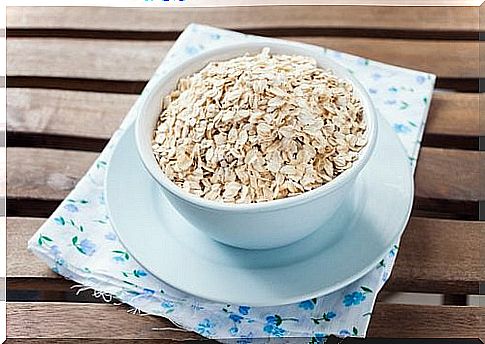
Some foods low in gluten, such as oats, can be tolerated by celiacs.
It is important to be careful with certain products with a high gluten content and likely to trigger allergies. It is also a good idea to test those that you consume occasionally.
In addition to patients with celiac disease, the low gluten diet should also be followed by people with allergies, intestinal inflammation, diabetes and heart disease.
You can’t say that gluten is bad on its own. Because a large part of the world population does not show major reactions to its daily consumption.
However, there is a visible relationship between this substance and some actual clinical conditions.
